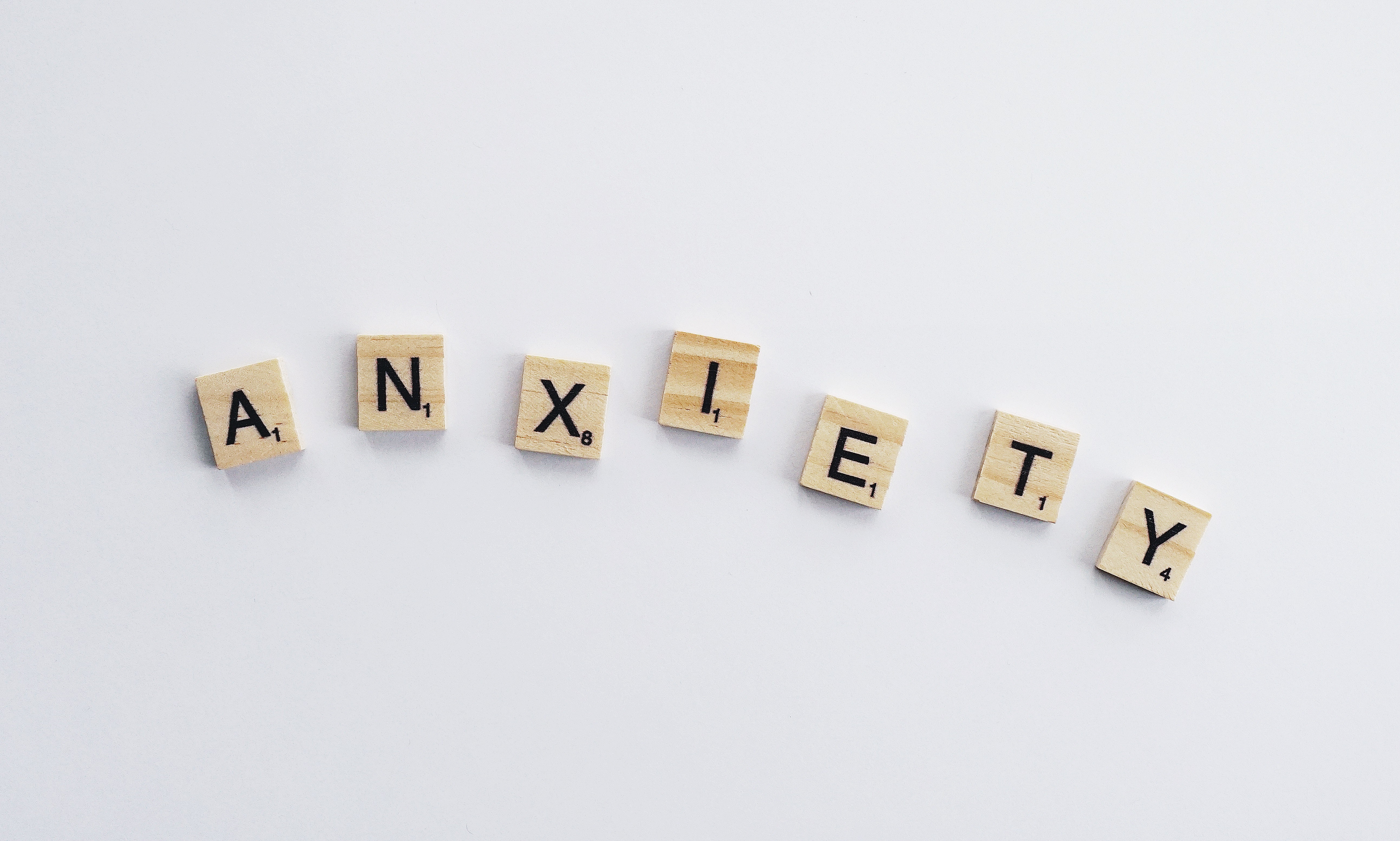Understanding the intricate relationship between substance abuse and mental health issues is vital, as these two often occur concurrently—especially anxiety, depression, and substance abuse. It’s not uncommon for individuals struggling with mental health disorders like depression and anxiety to turn to alcohol or drugs as a form of self-medication, thus leading to substance abuse. Today, we will delve into the complex connection between depression, anxiety, and substance abuse.
The Intersection of Depression, Anxiety, and Substance Abuse
Depression and anxiety are two of the most common mental health conditions affecting people worldwide. Both can significantly impact an individual’s quality of life, affecting their emotional well-being, interpersonal relationships, and overall life satisfaction. On the other hand, substance abuse refers to the harmful or hazardous use of psychoactive substances, including alcohol and illicit drugs. In many instances, depression, anxiety, and substance abuse are interconnected. This connection is often due to overlapping risk factors, such as:
- Genetic vulnerabilities
- Stress
- Trauma
As a result, individuals dealing with depression or anxiety may resort to substance use to cope with their symptoms, which can subsequently lead to a pattern of substance abuse.
Self-Medication Hypothesis
One of the leading theories explaining the relationship between mental health disorders and substance abuse is the self-medication hypothesis. Developed by Khantzian in 1985, this theory suggests that individuals with mental health conditions may use substances to alleviate their symptoms. For instance, someone with depression might use alcohol to numb their feelings of sadness, while an individual with anxiety might use drugs like Xanax to calm their nerves.
While substances might provide temporary relief, their long-term use often leads to dependency and addiction. Over time, the abused substances can exacerbate mental health symptoms, creating a vicious cycle that can be challenging to break.
Dual Diagnosis: Co-Occurring Disorders
When a person has a mental health disorder such as depression or anxiety and a substance use disorder, they are said to have a dual diagnosis or co-occurring disorders. It can be difficult to identify which came first – substance use or the mental health disorder – as they often feed into each other, exacerbating symptoms and making treatment more complex.
For instance, an individual with an undiagnosed anxiety disorder may start using alcohol to manage their symptoms, leading to an alcohol use disorder. Conversely, a person with a substance use disorder might develop depression or anxiety as a result of their substance abuse.
Statistics Highlighting the Connection
Studies have consistently shown a strong link between mental health disorders and substance use disorders. According to the Substance Abuse and Mental Health Services Administration (SAMHSA), in 2018, about 9.2 million U.S. adults experienced both mental illness and a substance use disorder.
Moreover, people with mood disorders, including depression, are twice as likely to have a substance use disorder. The situation is similar for those with anxiety disorders, with the Anxiety and Depression Association of America estimating that about 20% of these individuals also have a substance use disorder.
The Importance of Integrated Treatment
Given the complex relationship between depression, anxiety, and substance abuse, integrated treatment is crucial.
This approach simultaneously treats the mental health disorder and the substance use disorder, recognizing their intertwined nature. Addressing both can lead to better outcomes.
Experts have proven several therapies effective in treating co-occurring disorders, including:
- Cognitive Behavioral Therapy (CBT)
- Dialectical Behavior Therapy (DBT)
- Motivational Interviewing (MI)
Additionally, medications may be used to manage symptoms of depression and anxiety, while peer support groups can provide valuable emotional support.
How Do I Overcome Depression, Anxiety & Substance Abuse?
Yes, depression and anxiety can indeed lead to substance abuse. It’s a complex, bidirectional relationship, with each condition often exacerbating the other. However, with the right treatment approach, individuals can manage their symptoms and break the cycle of addiction. As we gain more understanding of these connections, we can develop more effective strategies for prevention and treatment, fostering hope for those struggling with these intertwined conditions.
Learn More
At Landmark Recovery, we understand the complexities of treating co-occurring disorders. Our medical team is dedicated to providing compassionate, comprehensive care that addresses both mental health and substance use disorders. If you or a loved one is struggling, please know that help is available. Call 888-448-0302 today for 24/7, confidential support.

Choose Recovery Over Addiction
We're here 24/7 to help you get the care you need to live life on your terms, without drugs or alcohol. Talk to our recovery specialists today and learn about our integrated treatment programs.




